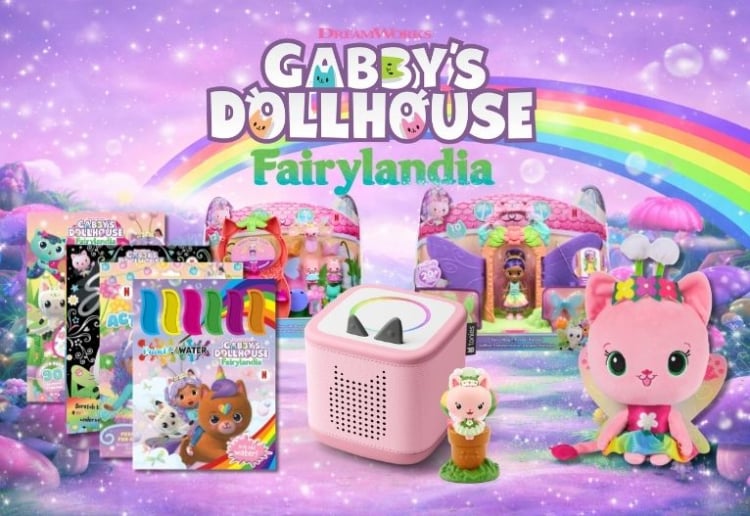It may depend on how well a baby knows someone, and how reliable they seem for them to know whether you are lying or not.
Research from Concordia University in Montreal has shown that if you hurt yourself and try to laugh your way through the pain, a baby aged 18 months old can tell that you’re lying.
Or, put another way, they are able to pick up on ‘unjustified’ or mismatched emotional responses such as laughing as a way of disguising pain.
Try this simple, fun experiment yourself. You’ll need a high chair, a toy ball, and the assistance of an adult who knows your baby well. Place your 15-20 month old baby in a high chair and pantomime the following two scenes:
- Using a hammer or an object that mimics a hammer, pretend to tinker around before acting as if you have accidently hit your finger with the hammer. Ouch! Wince and make appropriate faces, holding your expression until your baby looks away.
- The other adult is going to hand you a ball. Express boredom until you get the ball. Then, look at the ball with excitement and give a big smile. Again, hold your expression until your baby looks away.
A few days later, repeat the two scenes, but this time, switch around the emotional responses, so smile after hitting yourself with the hammer and grimace when you’re handed the ball.
At age 15 months, the hypothesis is that your baby is not likely to respond differently to the justified and unjustified emotional responses.
They will probably respond to sad face (justified or unjustified) by showing a sad or concerned facial expression in return. However, from around 18 months old, if you show an infant an unjustified response (smiling after hitting yourself with a hammer) your baby probably won’t be fooled.
They will probably spend more time looking at you to check out what’s going on and respond with empathy to your pain even if you’re smiling.
Adults tend to want to shield infants from distress by putting on a brave or happy face following a negative experience, but this research seems to be suggesting that this technique really only works with younger babies.
It also seems that babies around this age are quick to work out whether an adult is reliable or not.
In a similar scenario to the one above, the researchers played a game with an empty box. They firstly primed the babies to think that an adult was reliable or unreliable.
To create an ‘unreliable’ adult, the experimenter would look inside a container while expressing excitement. When the baby looked in the box, they would see that it was empty. In contrast, for the ‘reliable’ adult group, the baby would look into the box and see a toy.
Later, they had the babies watch the same adult use their forehead instead of their hand to turn on a light. The experimenters then waited to see which babies would copy the behaviour.
More than half of the babies who had watched the ‘reliable’ adult copied them by trying to turn the light on with their forehead. For the other group, it seems that the babies knew that the adult had lied to them before, so were a lot less likely to copy their behaviour.
Does this surprise you? Do you have any thoughts or experiences to add to this? Please share with us in the comments below.





















8:12 am
10:02 pm
1:21 pm
11:17 pm
1:51 pm
6:16 pm
1:44 pm
6:23 pm
12:01 pm
11:08 pm
12:42 pm
11:15 pm
9:27 pm
9:33 pm
1:55 pm
3:26 pm
11:40 am
11:06 pm
-

-
-
mom94125 replied
- 17 Oct 2015 , 7:59 pm
Reply7:22 am
2:21 pm
- 1
- 2
- »
Post a commentTo post a review/comment please join us or login so we can allocate your points.